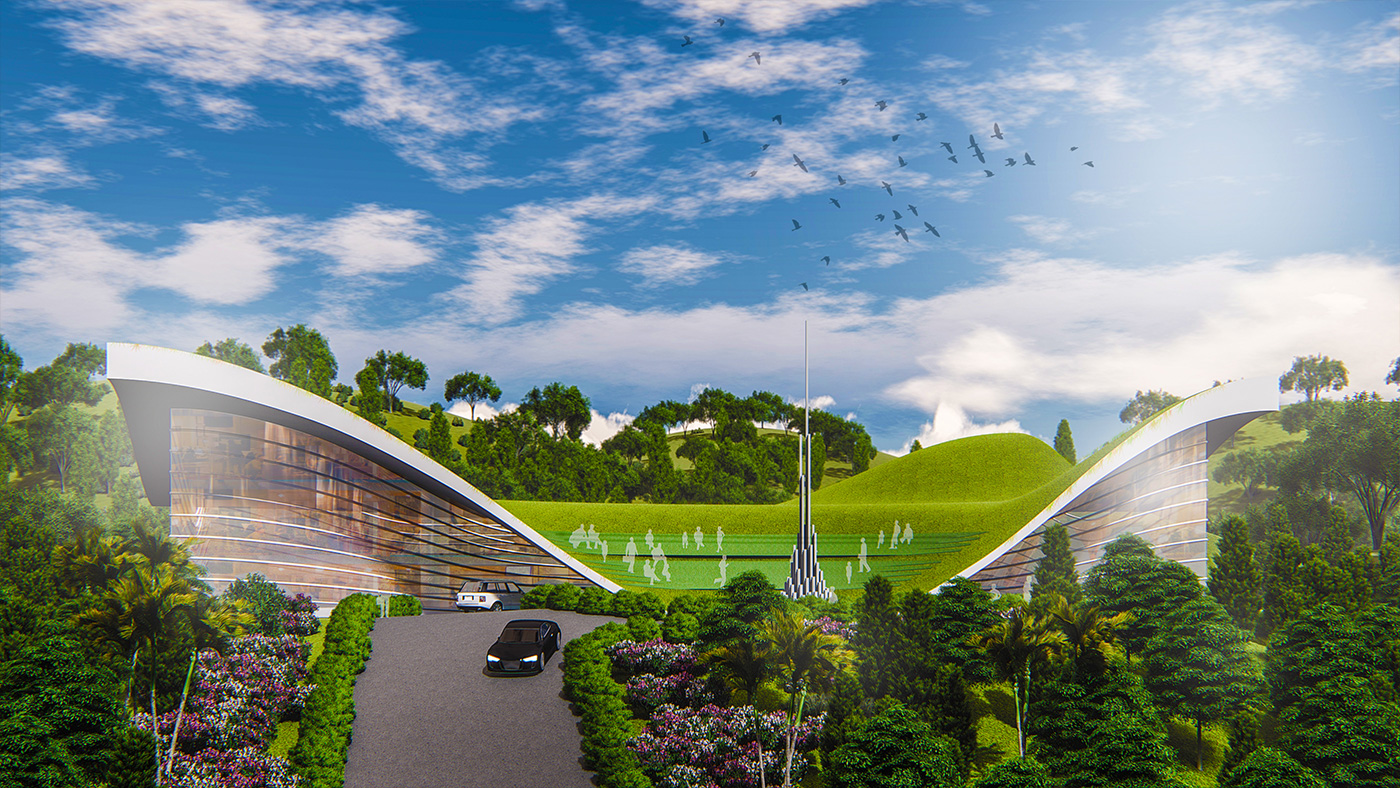Landscape architecture is the branch which applies the art and science of design, planning, analysis and management to the nature and built environment, administered in such a way that the symbiotic relationship between man and his environment prospers.
The guiding philosophy of landscape architecture education and practice is the application of the learnt concepts in view of inorganic, organic and cultural features towards conservation, restoration and development projects. Different types of projects in this speciality include residential site design, park and recreation spaces, low impact development, monument preservation, urban design, streetscapes and public spaces, transportation, corridors and facilities, gardens and arboreta, security design, hospital and resorts, institutional and academic campuses and therapeutic gardens. Furthermore, historic preservation, habitat restoration, green infrastructure and reclamation, conservative planning, art & earth landscapes, interior landscapes and so on fall in the category of landscape architecture.
As is apparent from the list above, landscape architecture is a melange of various design processes in itself. When a landscape architect plans and designs a township, a society or a city, they give importance not only to the facilities and ease of life for the humans who will subsequently inherited the space, but also put great care into the preservation and well being of the natural environment that exists along with them. These professionals are involved in planning of sites such as office plazas, public squares and thoroughfares. The attractiveness of a well-designed and structured piece of land, irrespective of whichever type of property it is a part of, reflects the skill and precision with which the creative landscape architect constructs the site to maximum fruitful extent.


Much like gardeners, landscape architects also possess a great deal of concern for the design elements that are incorporated while planning for the exterior spaces- the vegetations. Both set of professionals have the shared knowledge and skill of garden botany and natural inclination towards design. The key differences arise at the level of professional involvement and expertise and also from the type of works they execute. While a landscape architect usually takes up public (corporate/business) and government works, the garden designers usually work over residential landscapes. Landscape architects can work wonders when they cater to any piece of outdoor planning and design in terms of local ecological consideration.

